Cork’s most ethical, sustainable vegan eats you should try
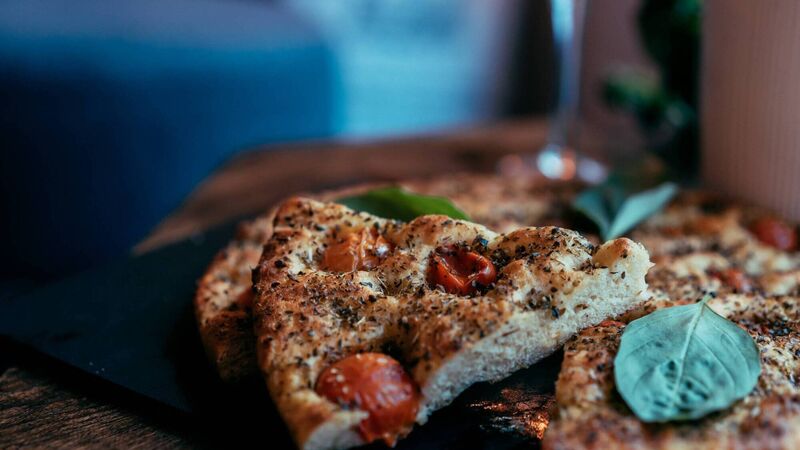
Sonflour Focaccia Puglia. Picture: Sara Pozzerle
AS World Vegan Day approaches, it’s time to reflect on how the movement has transitioned from the fringe into the mainstream and to consider what comes next for veganism.
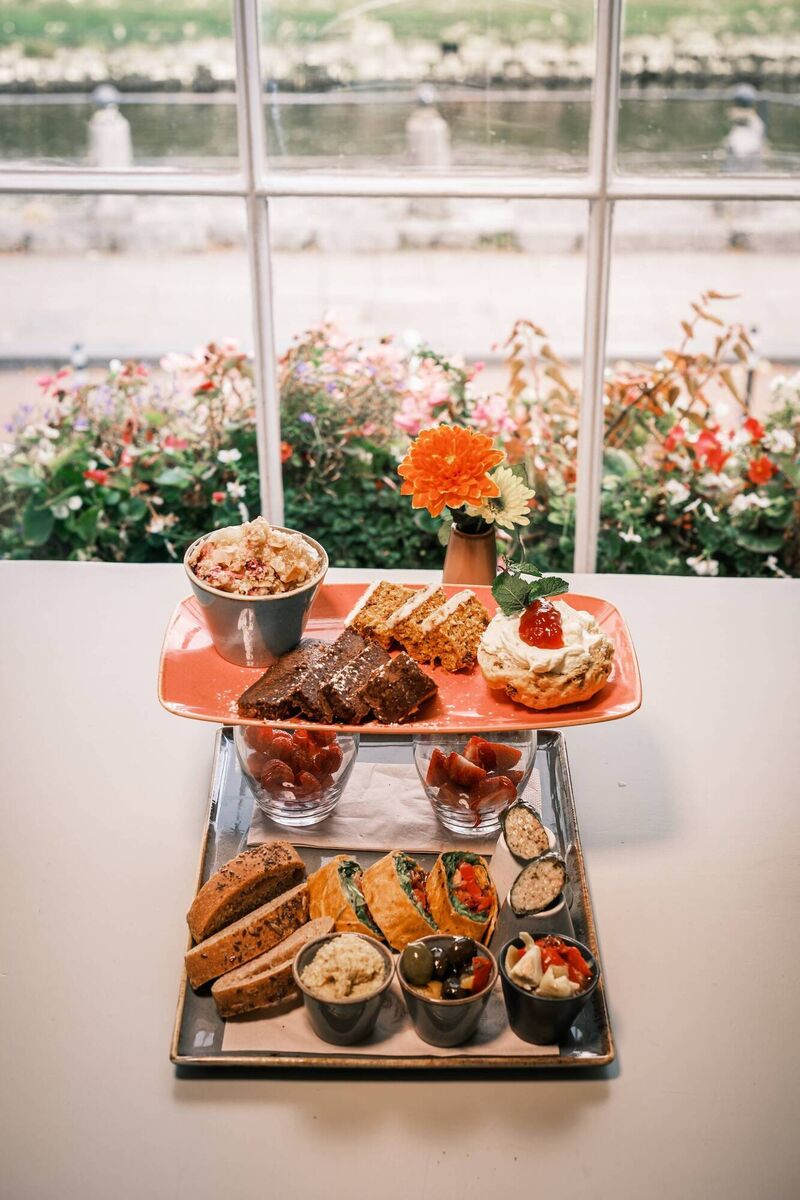
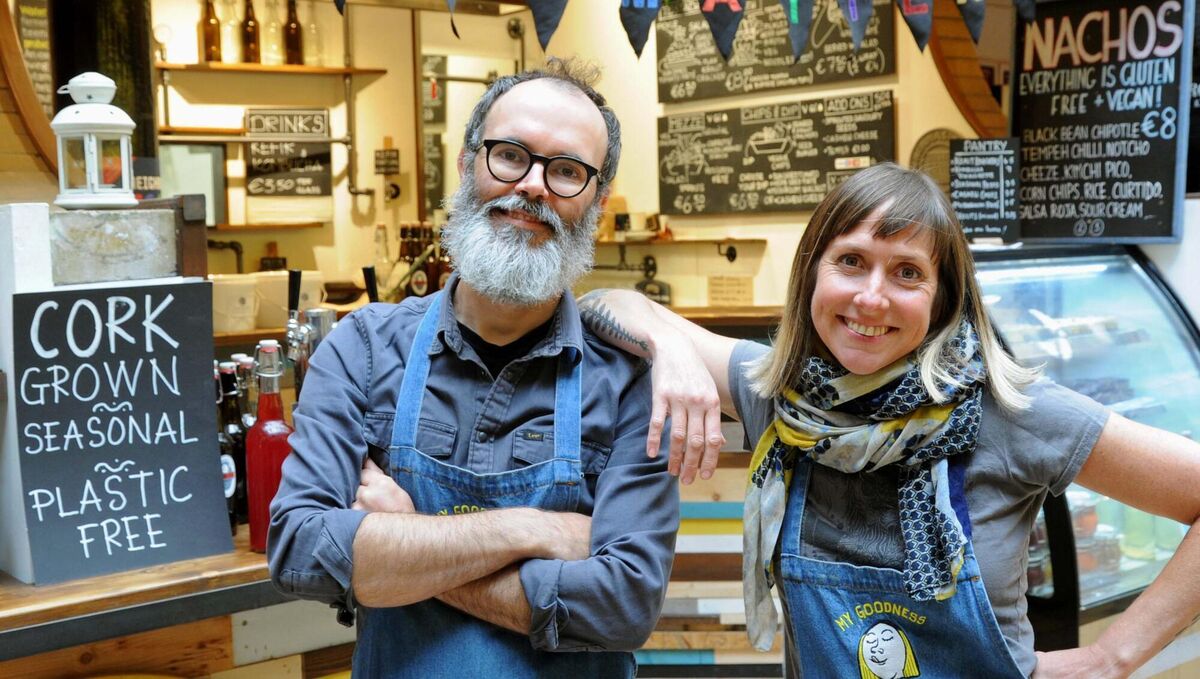
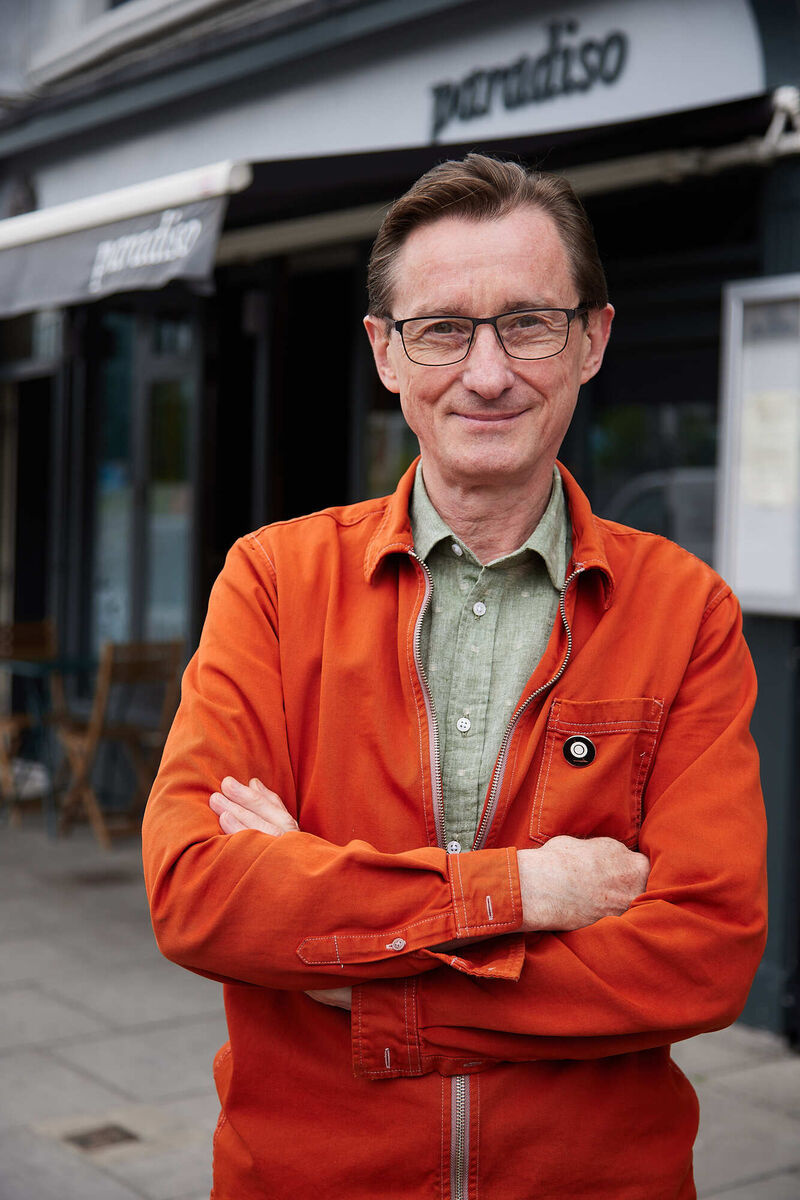
In a large bowl mix the two flours, form a hole in the centre and add mashed boiled potatoes. Start kneading and add the dissolved yeast. Add oil, salt and gradually add the 300ml of water until the dough is soft and a little sticky.
Leave the dough to rest and rise for 6-8 hours by covering the bowl with a damp cloth.
Spread the dough in an oiled baking sheet (round or rectangular) and shape it with your hands until it is evenly distributed.
Cut tomatoes in half and place them on the surface of the focaccia with a little pressure on each tomato to make it adheres well.
Season with a pinch of oregano, coarse sea salt and a final drizzle of extra virgin olive oil and let it rise again for 30 minutes.
Bake in a preheated oven at 200°C for 25-30 minutes.
Allow to cool, then cut the Focaccia Pugliese into slices and serve.



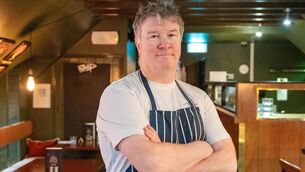



 App?
App?


